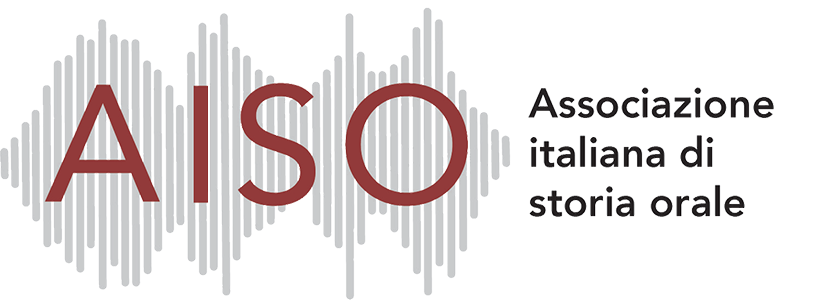Workshop organized by European University Institute
In recent decades, public enthusiasm for history and popular engagement with the past has grown dramatically. The popularity of history is manifested most visibly in the proliferation of television documentaries and historical dramas but it is also discernible in the rebirth of the historical novel; the organization of large-scale commemorations of historical anniversaries; the development of new historical museums and exhibitions, re-enactment and living history activities and most importantly, the emergence of public history as a separate field of academic study.
Digitization has also brought history and historical research to the broader public in hitherto unconceivable ways. Yet, for the most part, and with only some notable exceptions, academic historians have remained extraneous to, or ignorant of, these developments and are not working in public and with communities like trained public historians do. Is this difference between academic and public historians only about different professional ambitions, separate audiences and a different use of communication media? While it is not possible to become a public historian without an academic background, it is possible to be an academic historian without engaging in public history. Both are trained professional historians working with the past: their roles and their audiences are complementary although their practices are different in terms of methodology and forms of communication. Moreover, the development of public history raises questions about historical interpretation and political use of the past that concern all historians, and should provoke a debate about ownership of the past in which both academic historians and public historians have much to contribute.
This workshop brings together a number of leading practitioners in the field of public history and the media to discuss the current state of the field and in order to explore the relationship between public history and academic history. The first day of the workshop will be given over to exploring the relationship between history and media culture, with panels on oral history, publishing and teaching, films and the phenomenon of so-called ‘media dons’. The second day will focus on digital public history tools, practices and narratives. The third day will deal with the history of Public History in North America, discuss Public History as alternative job market, look at public history in museums and exhibitions and offer practical ateliers in digital humanites
Public History and the Media – Programme
